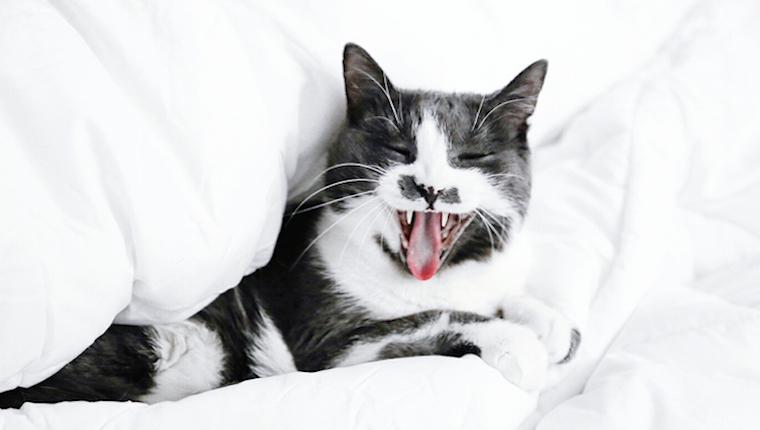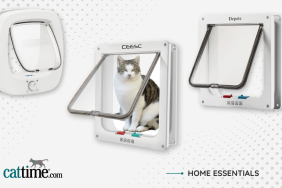As humans, we all know how important it is to undergo regular dental check ups so we don’t suffer from oral health issues. But are you aware that it’s also vital to stay on top of your cat’s dental health?
Cat cavities are a key ailment to look out for, and they can become extreme if left untreated.
Here’s what you need to know about cat cavities.
What Are Cat Cavities?
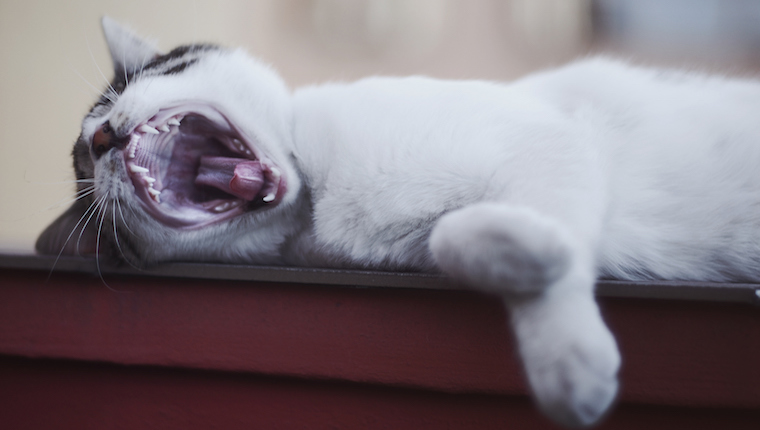
Cat cavities aren’t quite the same as the ones humans can suffer from.
Falling under the umbrella of periodontal feline disease, they occur when the tooth degrades either around or below the feline’s gum line.
The results can range from icky lesions to even the destruction of the tooth and its structure.
What Are The Symptoms Of Cat Cavities?
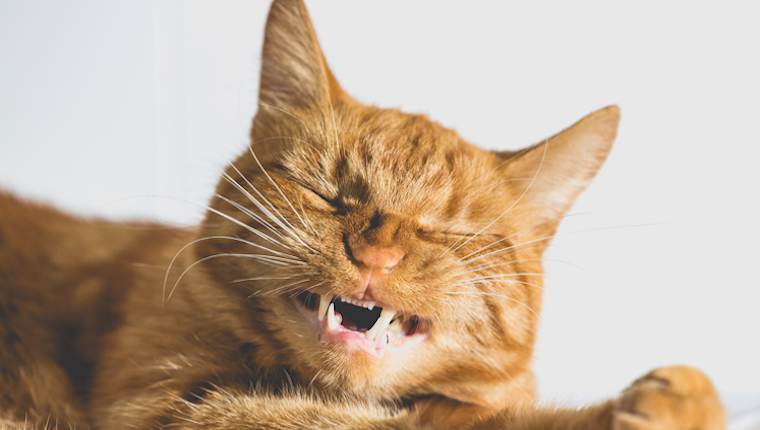
If you want find out if your cat is suffering from cavities, be on the lookout for these symptoms:
- Increasingly bad breath
- Vomiting out food that doesn’t seem to have been chewed
- Pieces of food seeming to fall out of your kitty’s mouth
- Bleeding going on around the mouth
- Blood spots along where the gum line and tooth meet
- Cat trying to paw their mouth and the area around it
What Causes Cat Cavities?
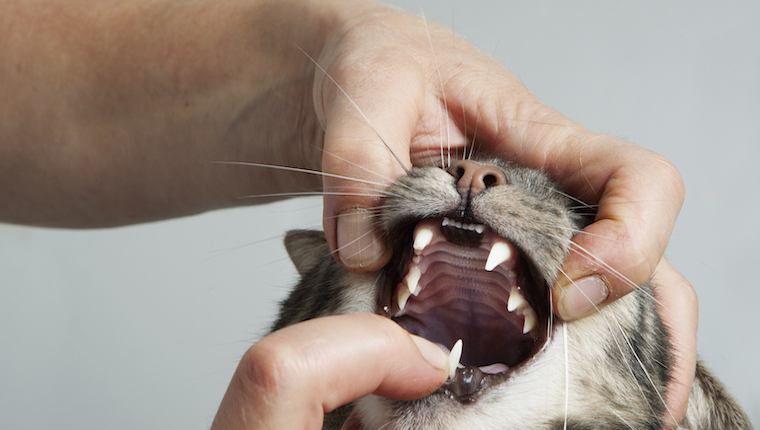
Medical science isn’t 100 percent sure about the exact reasons behind cat cavities, but a build up of plaque and tartar is always part of the problem.
Other potential causes can include injury to a tooth, a lack of regular cleanings, diet-related issues, and, in more extreme cases, diabetes or feline leukemia.
How Are Cat Cavities Treated?
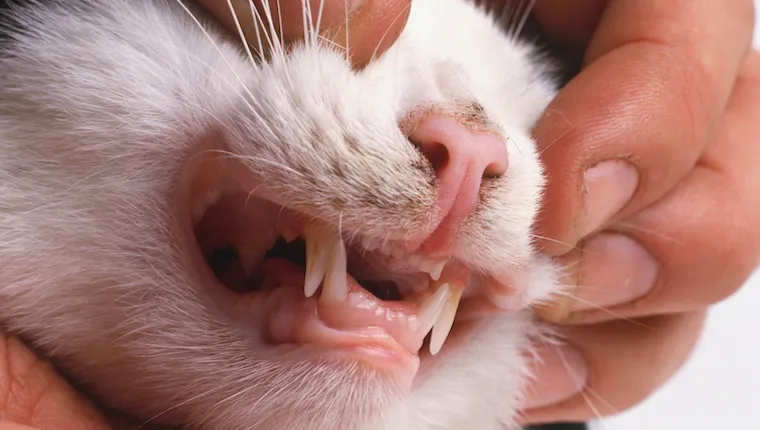
If your vet determines that your cat’s teeth are showing signs of cavities, which is usually confirmed after an x-ray, then extraction of the afflicted tooth is often suggested as the best course of action.
In less severe cases, vets may recommend surgical cleanings — always carried out by a qualified vet — and the use of anti-inflammatory medicine. But whatever the diagnosis and treatment regime, regular check ups to monitor the recovery are vital.
Vets may also recommend dietary changes, suggest more regular cleanings, and provide instructions for at-home care.
Has your cat ever had a cavity? How did your vet treat it? Let us know in the comments below!
